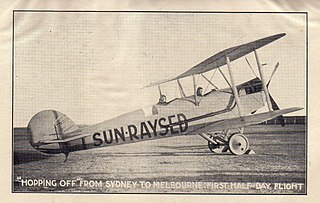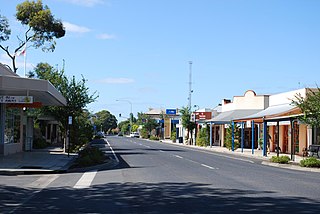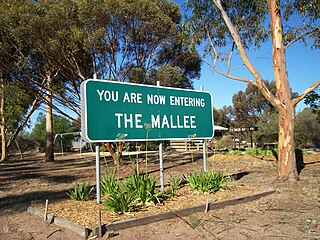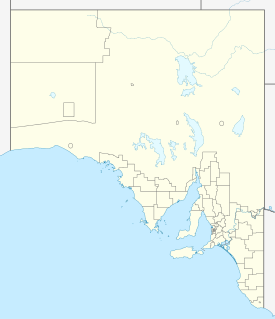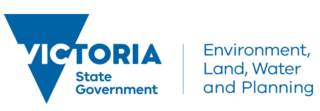| Agency overview | |
|---|---|
| Superseding agency | |
| Type | Department |
| Jurisdiction | Victoria |
| Headquarters | 8 Nicholson Street, East Melbourne, Victoria, Australia |
| Agency executive |
|
| Website | http://www.depi.vic.gov.au/ |
| Agency ID | PROV VA 5002 |
The Department of Environment and Primary Industries (DEPI) was a state government department responsible for protecting the environment, boosting productivity in Victoria's food and fibre sector, management of natural resources and managing water resources in the state of Victoria, Australia. It was created in April 2013 by merging the Department of Primary Industries with the Department of Sustainability and Environment. [1] [2]

Australia, officially the Commonwealth of Australia, is a sovereign country comprising the mainland of the Australian continent, the island of Tasmania and numerous smaller islands. It is the largest country in Oceania and the world's sixth-largest country by total area. The neighbouring countries are Papua New Guinea, Indonesia and East Timor to the north; the Solomon Islands and Vanuatu to the north-east; and New Zealand to the south-east. The population of 25 million is highly urbanised and heavily concentrated on the eastern seaboard. Australia's capital is Canberra, and its largest city is Sydney. The country's other major metropolitan areas are Melbourne, Brisbane, Perth and Adelaide.
The Department of Primary Industries was a government agency responsible for agriculture, biosecurity, fisheries, earth resources, energy and forestry policy and programs in the State of Victoria, Australia.

The Department of Sustainability and Environment (DSE) was a state government department that managed water resources, climate change, bushfires, public land, forests and eco systems in the state of Victoria, Australia. It was created in 2002 when the Department of Natural Resources and Environment was divided into the Department of Primary Industries and the Department of Sustainability and Environment.
Contents
The Department secretary was Adam Fennessy. [3]
After the 2014 Victorian State Election, Premier Daniel Andrews announced that the department would be renamed to the Department of Environment, Land, Water and Planning (DELWP) effective 1 January 2015. The Agriculture portfolio was moved to the new Department of Economic Development, Jobs, Transport and Resources.
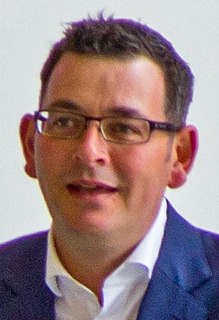
Daniel Michael Andrews is an Australian politician who is the 48th Premier of Victoria, a post he has held since 2014. He has been the leader of the Victorian branch of the Labor Party since 2010, and from 2010 to 2014 was Leader of the Opposition in that state. Andrews was elected member for the Legislative Assembly seat of Mulgrave at the 2002 election, and served as a parliamentary secretary and minister in the Bracks and Brumby Labor governments. On 29 November 2014, he was elected Premier of Victoria after the ALP won the state election, defeating the incumbent Liberal government. On 24 November 2018, he was re-elected as Premier of Victoria when Victorian Labor won the 2018 election in a landslide.


